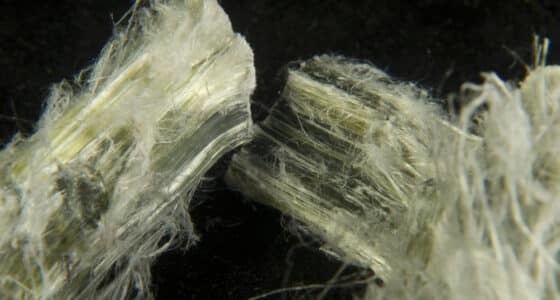Malignant mesothelioma is unique in many ways. The exceedingly rare form of cancer is also extremely aggressive and has proven resistant to all types of treatment. Making matters more challenging is the continued mystery of how the disease develops. A recent study conducted by a collaborative team of researchers from the United Kingdom has found that the asbestos fibers that lead to the development of the disease also accelerate its development.

Researchers Point to Asbestos-Driven Inflammation’s Role in Mesothelioma
Publishing their mesothelioma study in the scientific journal Frontiers, scientists from universities and hospitals in Glasgow, Cambridge, and Edinburgh in the United Kingdom hypothesized that asbestos-driven inflammation contributes to malignant pleural mesothelioma beyond its initial role in the disease’s development.
The researchers note that pleural mesothelioma is causally linked to inhaling asbestos, followed by a lengthy incubation period before symptoms arise and then ending with rapid progression from diagnosis to death. They also point out that the physical characteristics of asbestos fibers prevent them from being cleared from the body, leading to chronic inflammation as a separate mechanism from the mutations that lead to the development of tumors. They set out to determine whether inflammation plays a role.
Researchers Point to Asbestos’ Role in Mesothelioma Microenvironment
By injecting asbestos into laboratory animals that had previously been injected with mesothelioma, the researchers demonstrated that the mineral created a sustained chronically inflamed position “from exposure all the way through presentation, treatment, and ultimately progression to lethal disease.” They write that “the additional insult of asbestos-driven chronic inflammation dramatically accelerates the onset of lethal disease.”
The researchers conclude that though macrophages, which are white blood cells that surround and kill microorganisms, remove dead cells, and stimulate the action of other immune system cells, do respond to the presence of asbestos, their inability to clear the asbestos from the cells is what establishes the chronically inflamed state.
The more is understood about mesothelioma, the better the chances of an eventual cure. For more information on research and resources, contact the Patient Advocates at Mesothelioma.net today at 1-800-692-8608.
